HP unveils ProLiant Gen8 servers
The Project Voyager servers focus on automation to bring intelligent servers into datacentres for the cloud era.
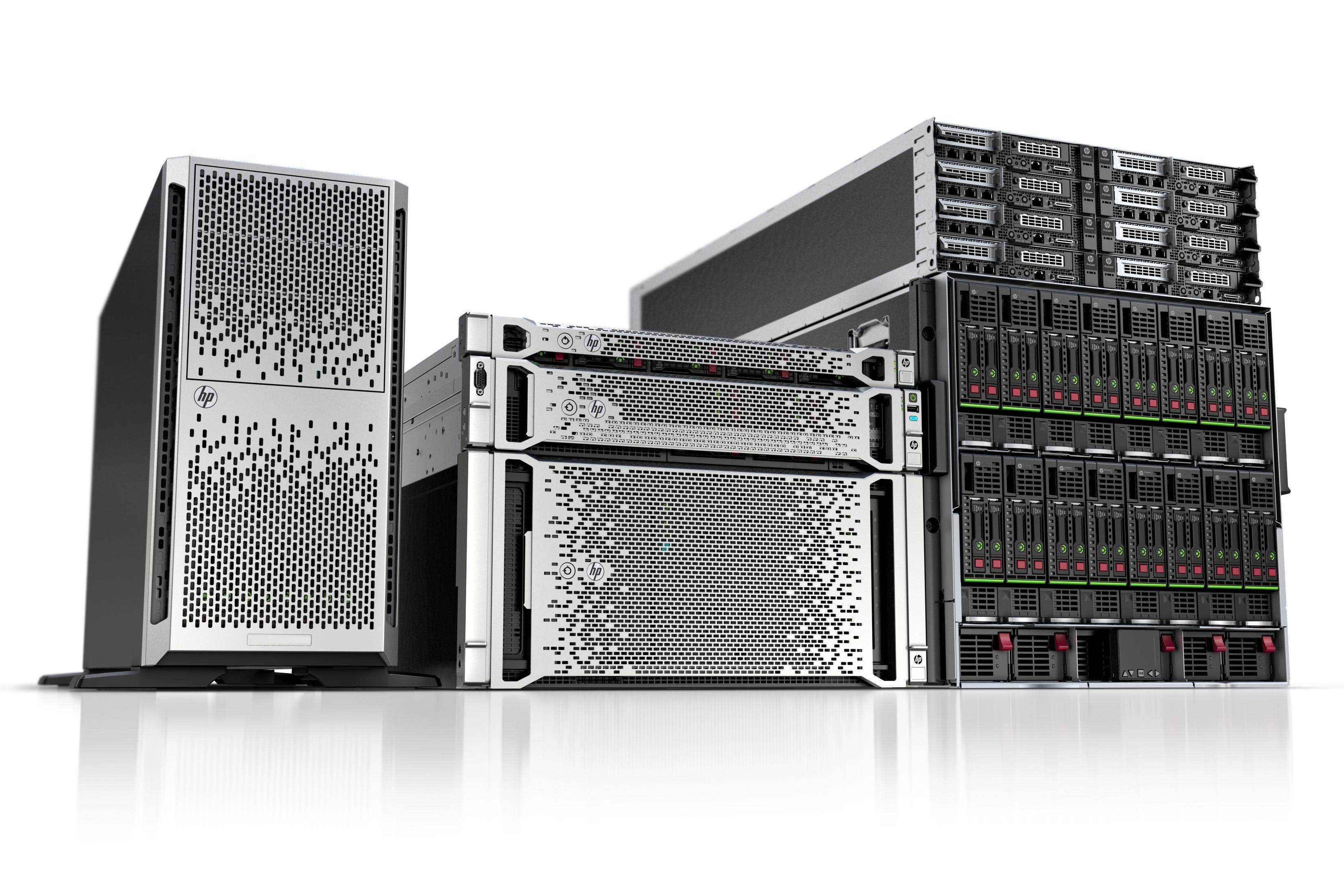

HP today announced its latest range of ProLiant servers, hoping to cut out manual processes and free up time in the datacentre, leaving space for more innovation.
The ProLiant Gen8 portfolio was born after two years of research and development, costing the company $300 million (191 million), titled 'Project Voyager.'
The research began because HP realised servers needed to "change course" to keep up with "the era of the cloud," claimed Mark Potter, vice president and general manager of Industry Standard Servers (ISS) at HP.
We need to free up admins, take advantage of capacity and remove costly unplanned downtime.
"Manual processes cost so much time that could be used to innovate," he said, during a keynote speech at HP's first global partner conference in Las Vegas.
"They don't allow the customer to harness the stranded capacity in a datacentre and address growing energy needs. We need to free up admins, take advantage of capacity and remove costly unplanned downtime."
As a result, the main focus of the ProLiant Gen8 servers is automation. An update to HP's Sea of Sensors technology will enable admins to see the best place to put a server, considering power, cooling and redundancy circuit issues through one tool. Potter claimed the server can then be plugged in and ready to go straight away.
Get the ITPro daily newsletter
Sign up today and you will receive a free copy of our Future Focus 2025 report - the leading guidance on AI, cybersecurity and other IT challenges as per 700+ senior executives
It also automatically provisions power to certain areas, making sure nothing is wasted, and agentless software continues to cut the need for manual processes.
Potter said these examples - which fall under the umbrella of HP's 'ProActive Insight' architecture - made "a brand new ground breaking architecture, to build servers with automation and intelligence to take care of itself; exactly what it should do in the cloud era."
Other new features of the range include a smart socket addition, reducing the risk of bending pins when putting in a processor - a common cause of failures in the datacentre.
Smart Drive technology combines with the automation functionality to give engineers better information on which drives are where, making sure they don't remove the wrong one - another common cause of breakdowns in datacentres.
HP listed a number of claims around performance, including 10 per cent less energy consumption, six times faster I/O for storage and three times productivity for admins, but companies will have to wait until March to get their hands on the new servers when they become generally available.
The ProLiant Gen8 family includes the ProLiant ML Tower - for remote or branch offices - ProLiant DL rack-mounted servers, and ProLiant BL blade servers and ProLiant SL scalable system servers - suited for cloud systems.
Jennifer Scott is a former freelance journalist and currently political reporter for Sky News. She has a varied writing history, having started her career at Dennis Publishing, working in various roles across its business technology titles, including ITPro. Jennifer has specialised in a number of areas over the years and has produced a wealth of content for ITPro, focusing largely on data storage, networking, cloud computing, and telecommunications.
Most recently Jennifer has turned her skills to the political sphere and broadcast journalism, where she has worked for the BBC as a political reporter, before moving to Sky News.
-
 Should AI PCs be part of your next hardware refresh?
Should AI PCs be part of your next hardware refresh?AI PCs are fast becoming a business staple and a surefire way to future-proof your business
By Bobby Hellard
-
 Westcon-Comstor and Vectra AI launch brace of new channel initiatives
Westcon-Comstor and Vectra AI launch brace of new channel initiativesNews Westcon-Comstor and Vectra AI have announced the launch of two new channel growth initiatives focused on the managed security service provider (MSSP) space and AWS Marketplace.
By Daniel Todd
-
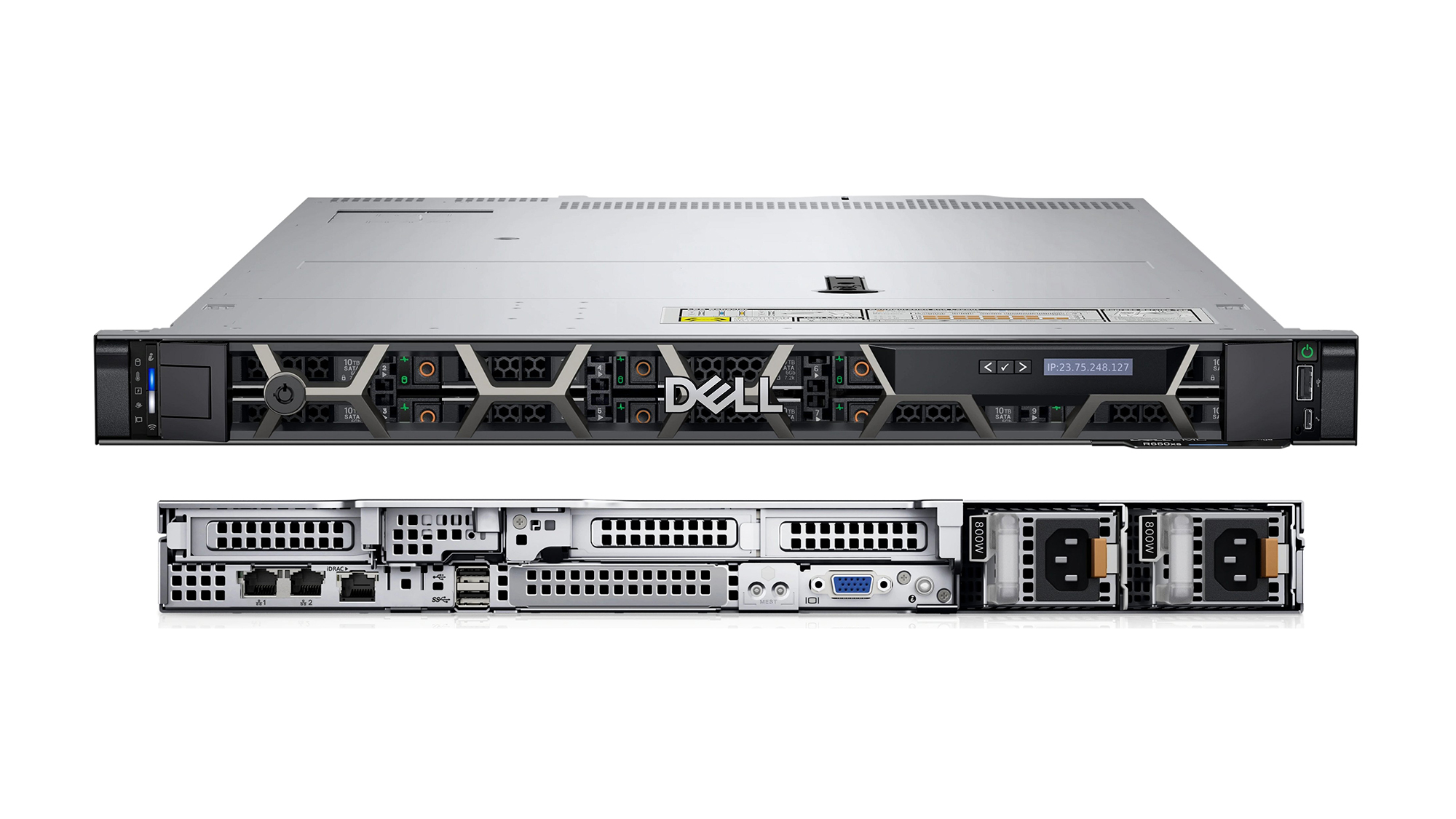
 Dell EMC PowerEdge R650xs review: An ‘xtra special’ rack server
Dell EMC PowerEdge R650xs review: An ‘xtra special’ rack serverReviews A powerful and expandable 1U rack server that’s ideal for businesses on a strict budget
By Dave Mitchell
-
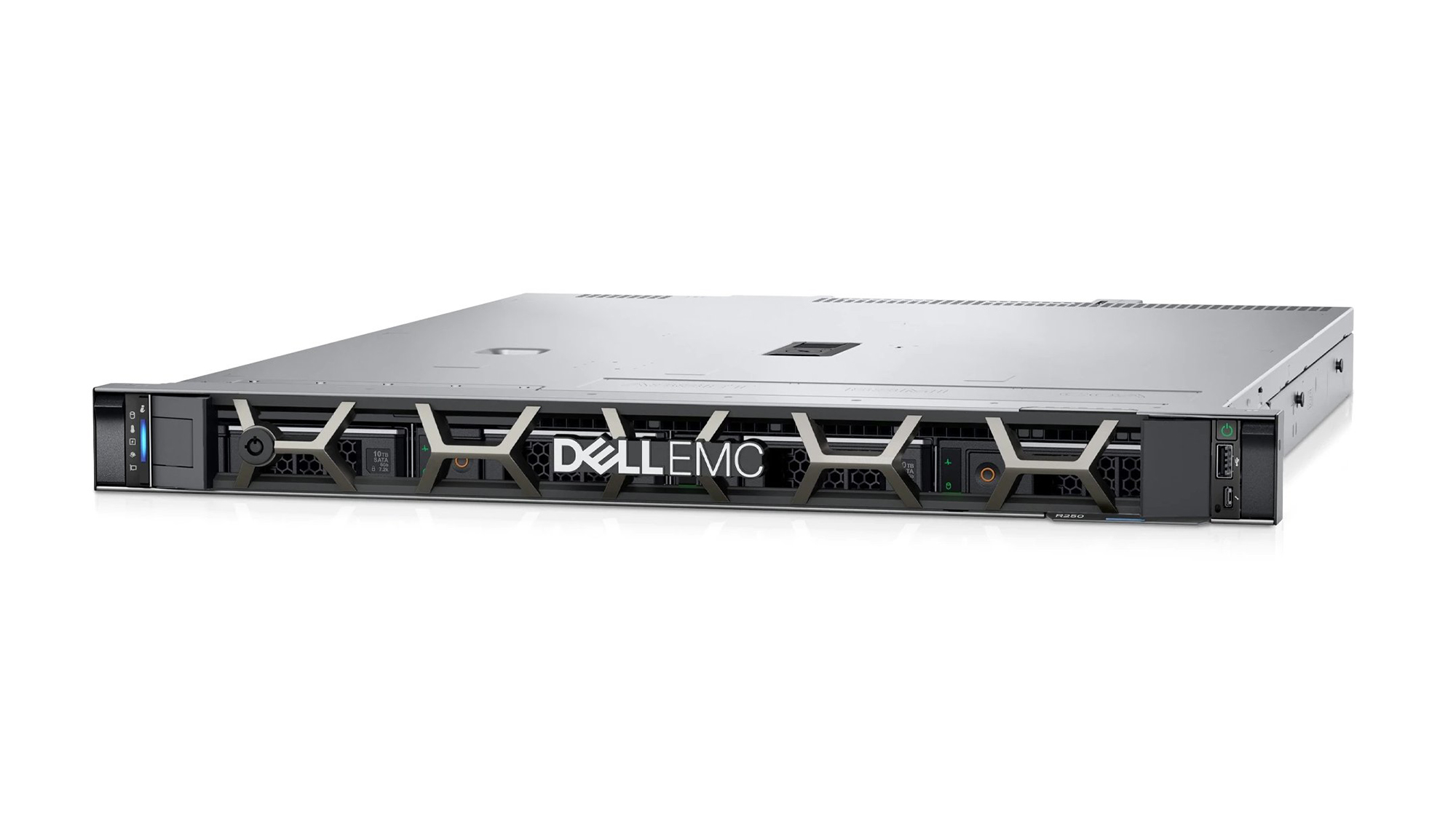
 Dell EMC PowerEdge R250 review: A powerful package at a promising price
Dell EMC PowerEdge R250 review: A powerful package at a promising priceReviews A compact and powerful Xeon E-2300 rack server with room to grow and great remote management
By Dave Mitchell
-
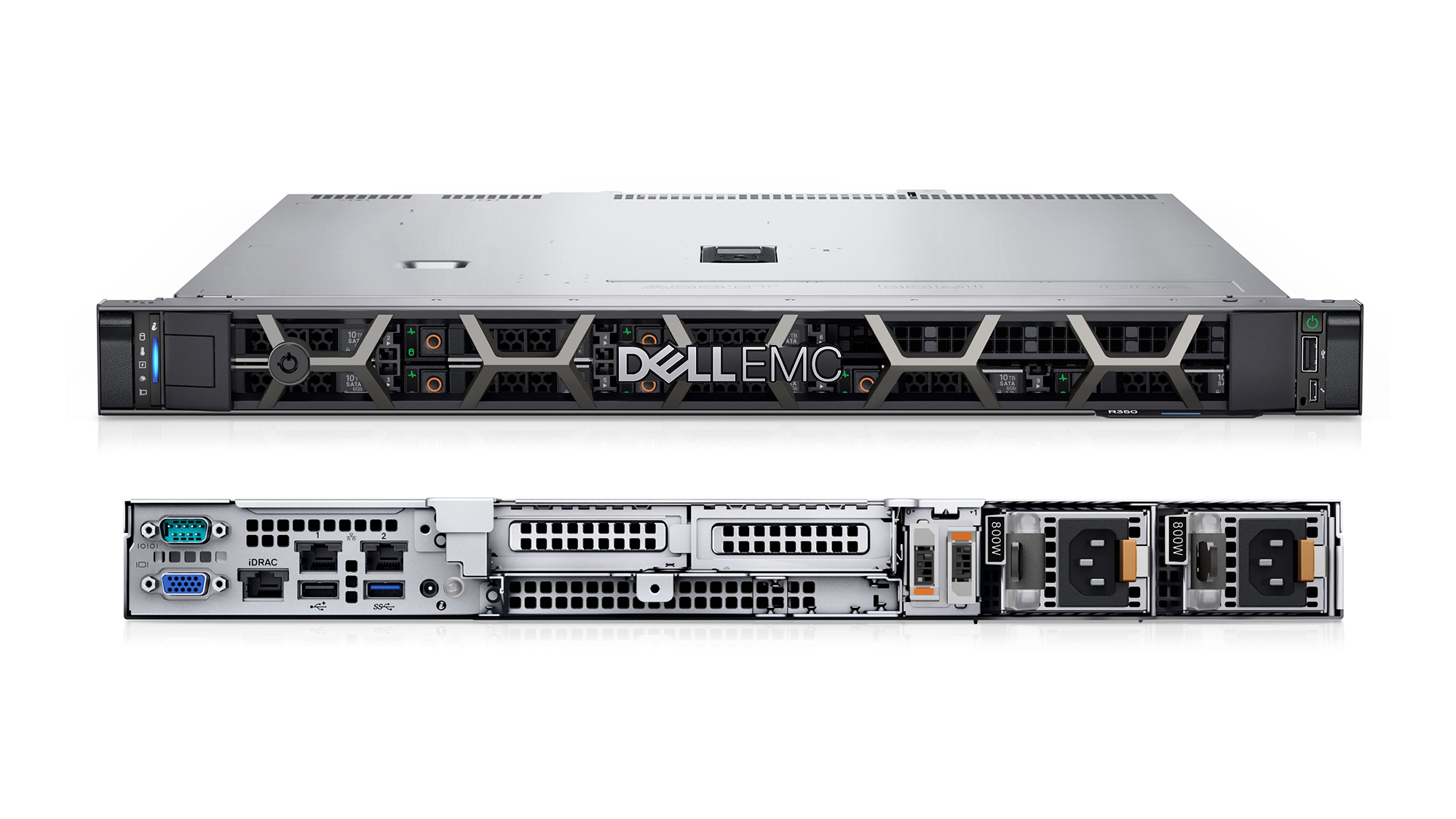
 Dell EMC PowerEdge R350 review: A compact and powerful server
Dell EMC PowerEdge R350 review: A compact and powerful serverReviews Dell EMC’s entry-level rack server packs a great specification into a space saving chassis
By Dave Mitchell
-
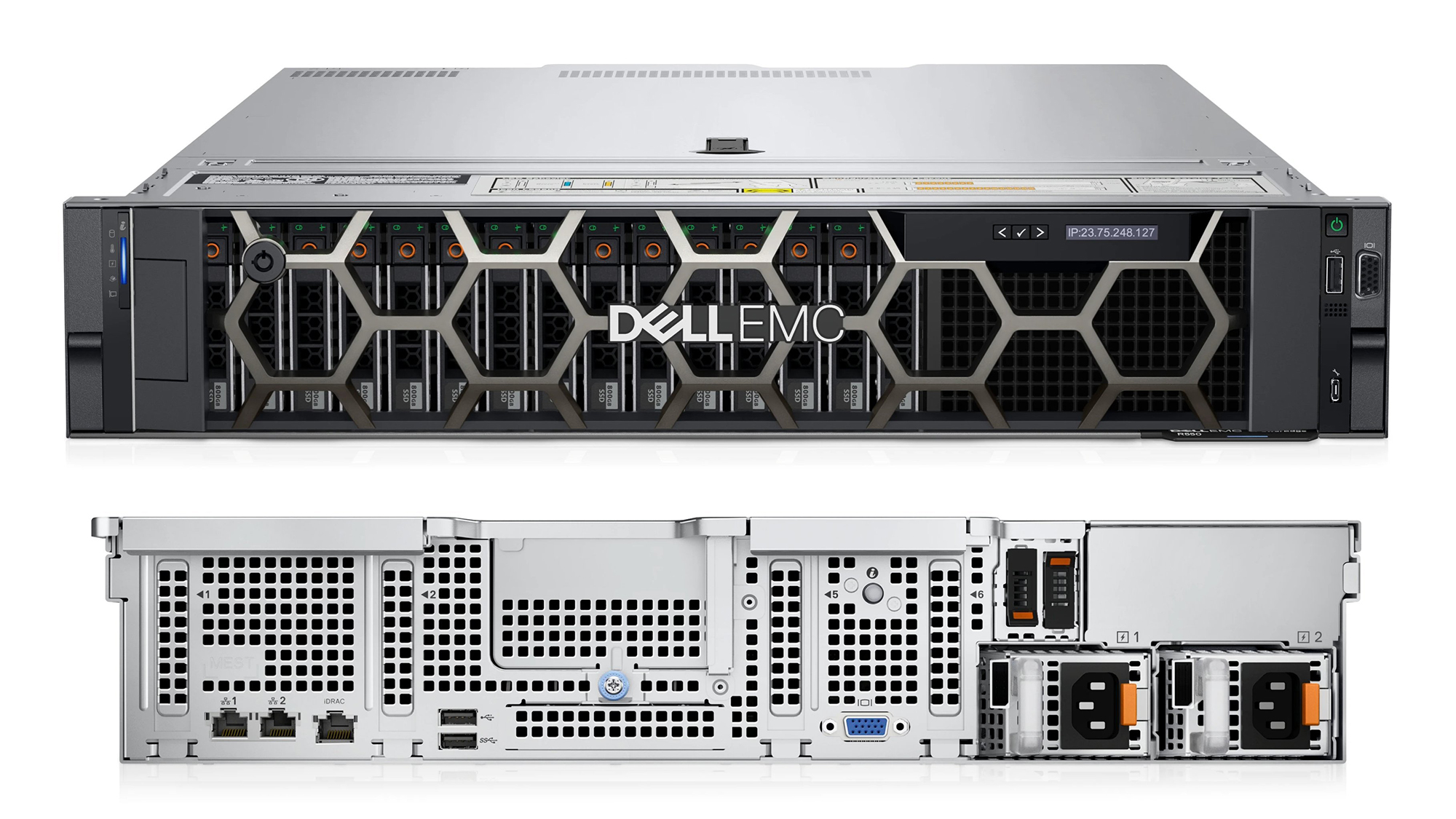
 Dell EMC PowerEdge R550 review: High on storage, low on price
Dell EMC PowerEdge R550 review: High on storage, low on priceReviews A powerful 2U rack server with a big storage capacity for the price of a 1U model
By Dave Mitchell
-
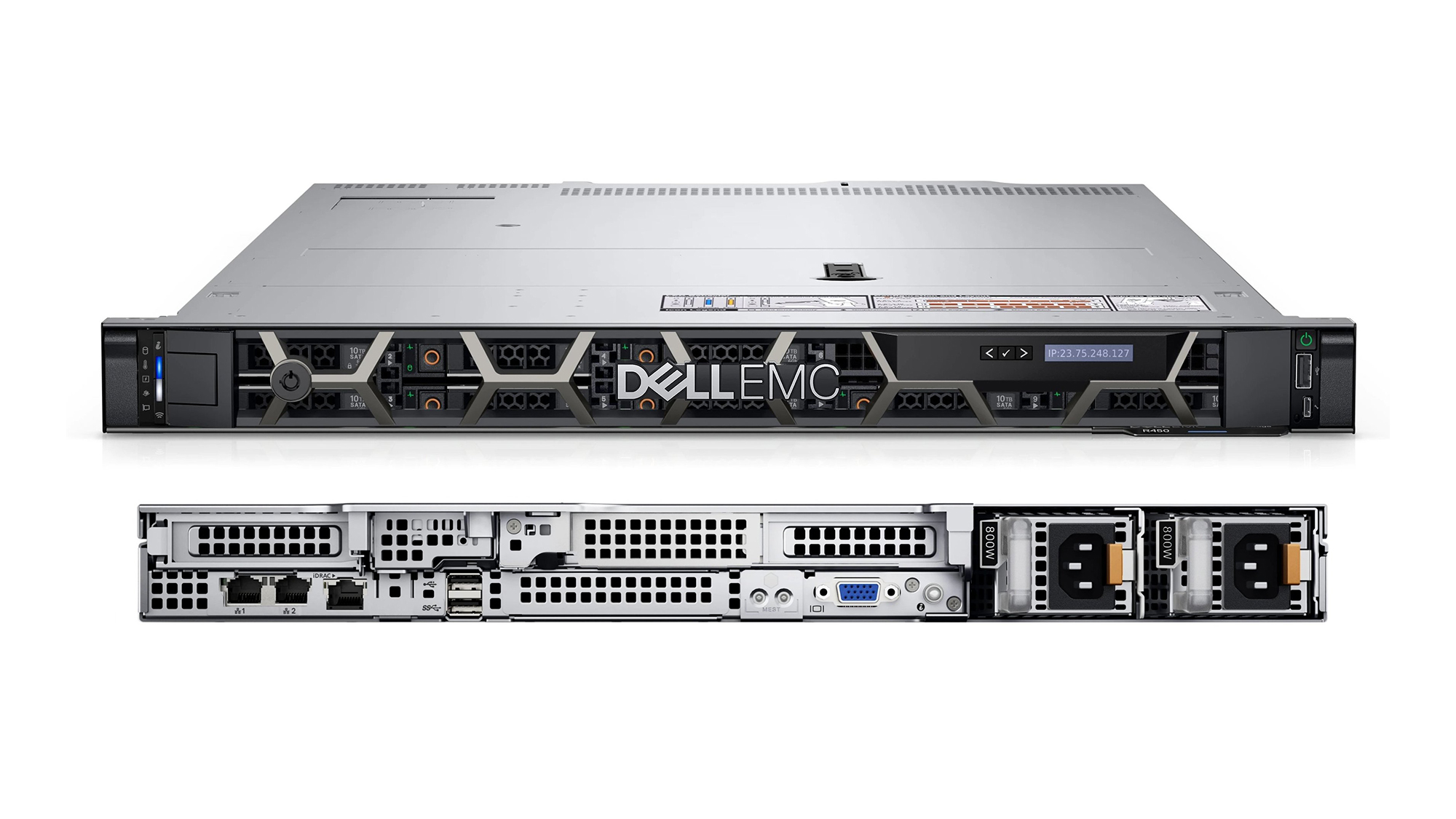
 Dell EMC PowerEdge R450 review: Rack-dense server power for SMBs
Dell EMC PowerEdge R450 review: Rack-dense server power for SMBsReviews A versatile all-round rack workhorse with plenty of hardware choices at a good price
By Dave Mitchell
-
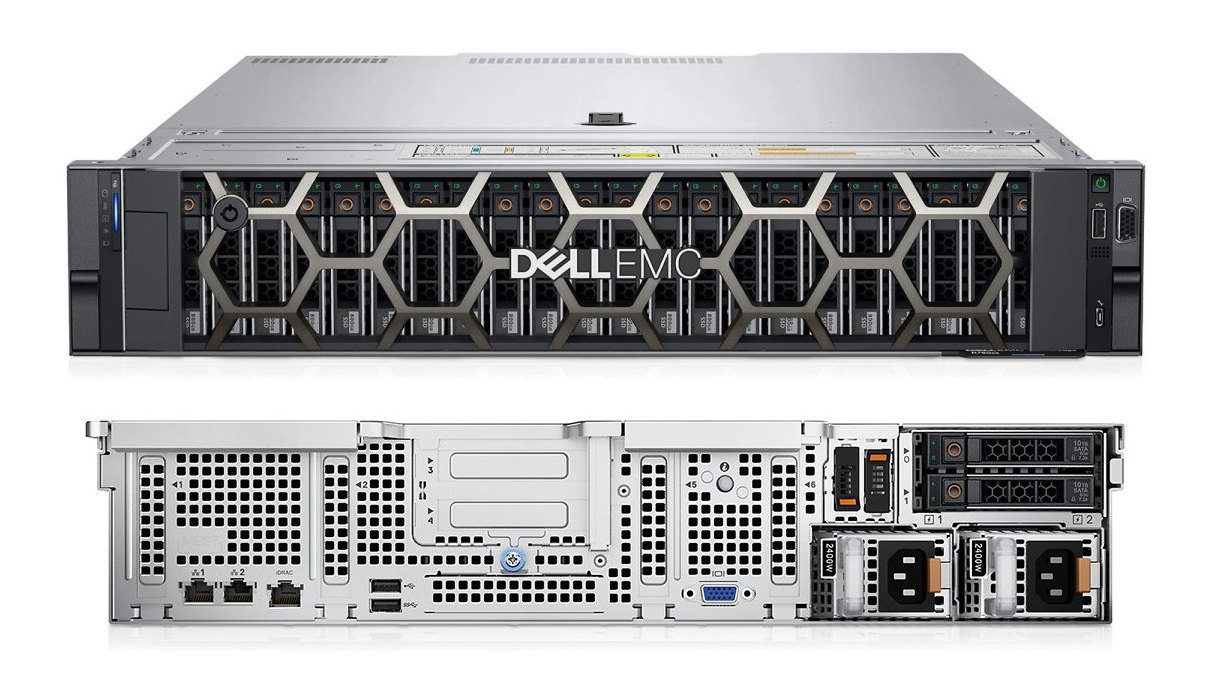
 Dell EMC PowerEdge R750xs review: A pocket-friendly power plant
Dell EMC PowerEdge R750xs review: A pocket-friendly power plantReviews The PowerEdge R750xs offers a surprisingly powerful rack package at a tempting price
By Dave Mitchell
-
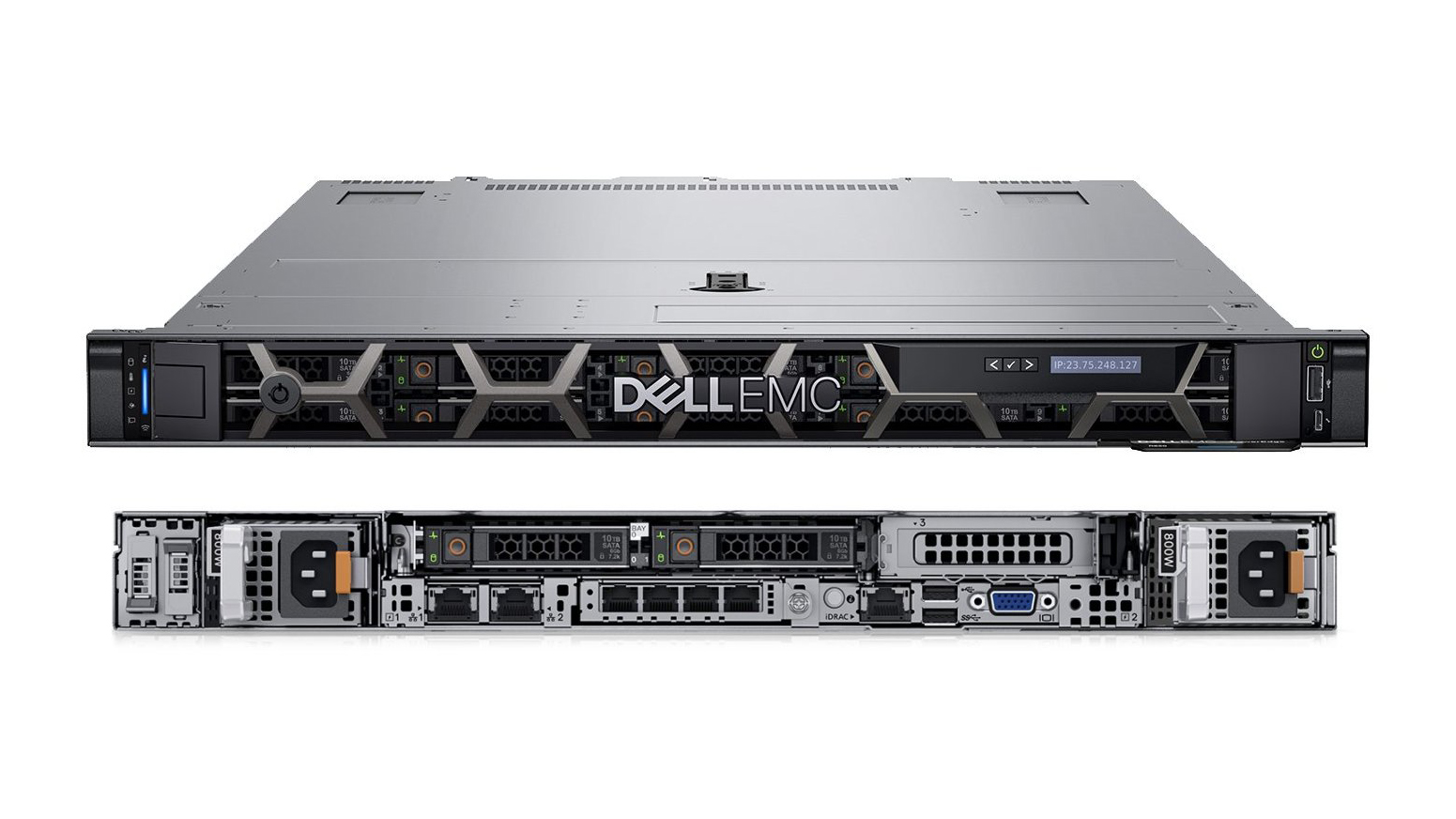
 Dell EMC PowerEdge R650 review: A slim and mighty server
Dell EMC PowerEdge R650 review: A slim and mighty serverReviews Dell EMC takes server performance, expansion and processing density to new heights
By Dave Mitchell
-
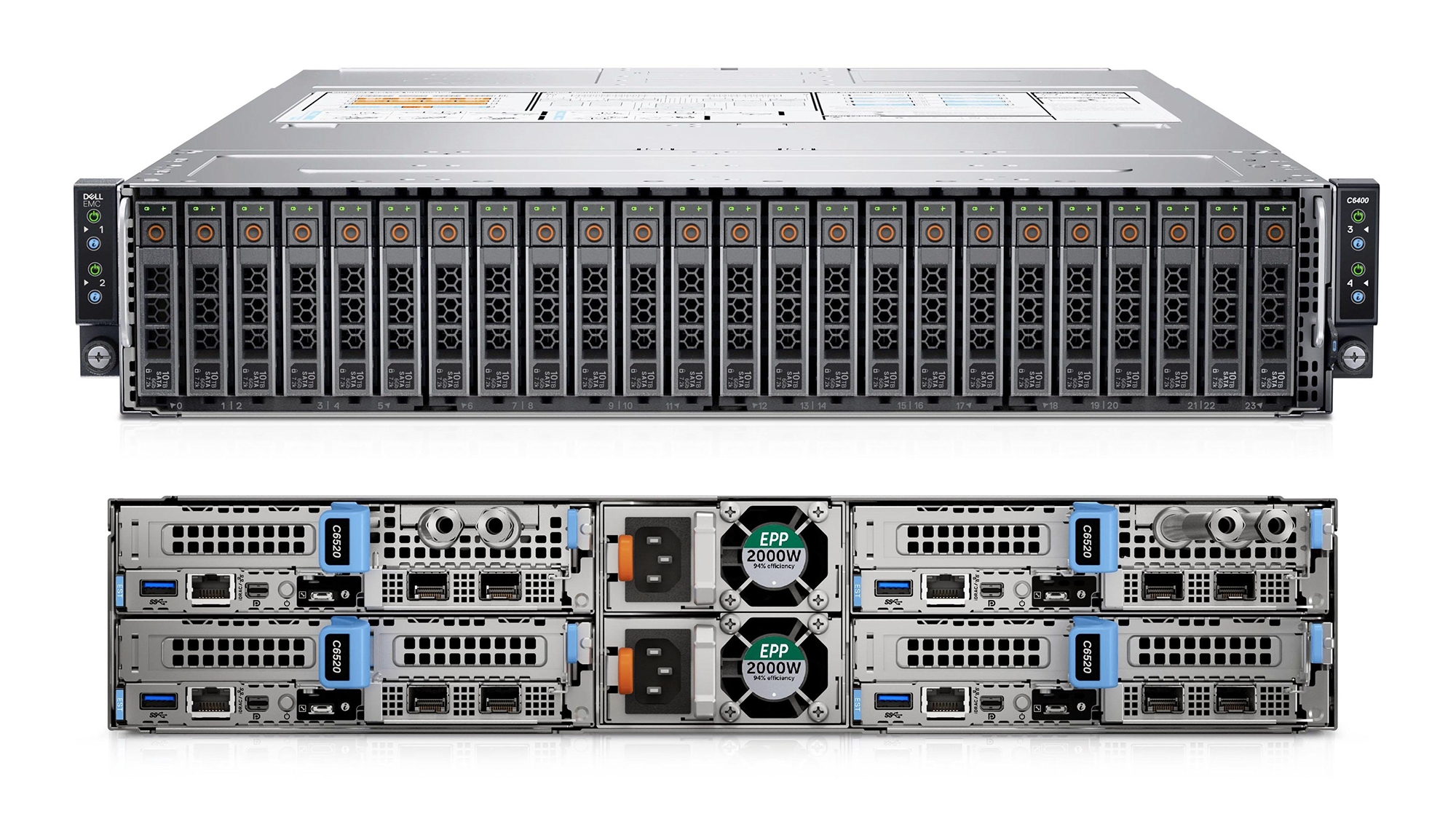
 Dell EMC PowerEdge C6520 review: Super dense Gen3 Xeon Scalable
Dell EMC PowerEdge C6520 review: Super dense Gen3 Xeon ScalableReviews Dell EMC’s multi-node server packs and racks Intel’s latest CPUs
By Dave Mitchell